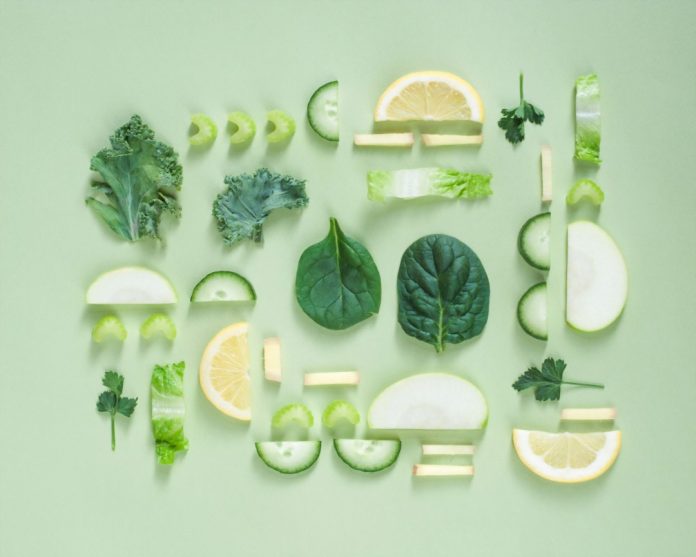We all know that fresh, whole foods like fruits and vegetables are far healthier than processed foods. But before you pop that fresh grape or plum into your mouth, did you know that even fruit and vegetables can contain toxins that are also bad for your health?
Unfortunately, modern industrial agriculture processes mean that commercially grown fruit and vegetables we buy in supermarkets are typically sprayed with pesticides and fertilizers that contain harmful chemicals. What’s more, some fruit and vegetables are more prone to toxicity to others, according to research done by Environmental Working Group, a US food activist group. Each year, the EWG releases a “Dirty Dozen” list of the top commercially-grown fresh produce items with the highest pesticide residue levels. Their 2021 Dirty Dozen was identified as:
- Strawberries
- Spinach
- Kale/Collard/Mustard greens
- Nectarines
- Apples
- Grapes
- Cherries
- Peaches
- Pears
- Bell and hot peppers
- Celery
- Tomatoes
The group’s “Clean Fifteen” for 2021 are listed as:
- Avocados
- Sweet Corn
- Pineapples
- Onions
- Papayas
- Frozen sweet peas
- Eggplant
- Asparagus
- Broccoli
- Cabbage
- Kiwifruit
- Cauliflower
- Mushrooms
- Honeydew
- Cantaloupe
With widespread toxicity in commercial farming a reality, EWG says that the healthiest alternative is to eat organically-grown produce wherever possible. While this research focuses only on the US, similar commercial growing techniques are used in South Africa, so this could be applied locally too. A 2020 report by Unpoison SA found that the widespread use of “agrochemical remedies” on fruit orchards, vineyards and crop lands, and the associated pesticide spray drift, is a serious yet under-reported issue.
In an interview with Farmer’s Weekly, Hein Coetzee, CEO of TopFruit, says that besides the costs involved, a lack of relevant farming information is keeping South African fruit farmers from capitalising on the growing global demand for organic fruit.
On the consumer side, while international consumer demand for organic produce is high, it’s still comparatively low for South African consumers. A 2019 literature review by the University of Technology in Durban confirmed a variety of factors contributed to the low uptake of organic food in South Africa, including high prices as well as a lack of knowledge about the value of organic food, as well as organic food growing processes versus commercial ones.
Despite these challenges, it’s worth considering buying at least some organic fruit and vegetables, to help cut down your intake of toxins. Alternatively, you could try growing some of your own. Even if you don’t have access to your own garden or a community space, things like microgreens and sprouts can easily be grown in windowsill pots.
Looking after one’s health is a long term investment and can also give you direct benefits, like lower medical expenses since you’re sick less. Some medical aids, like Fedhealth, give you the choice to only pay for the day-to-day benefits you do use, so if you need the doctor less often, you can pay lower contributions. With this in mind, thinking about a slow but gradual shift towards eating organic produce is well worth it in the long run.






